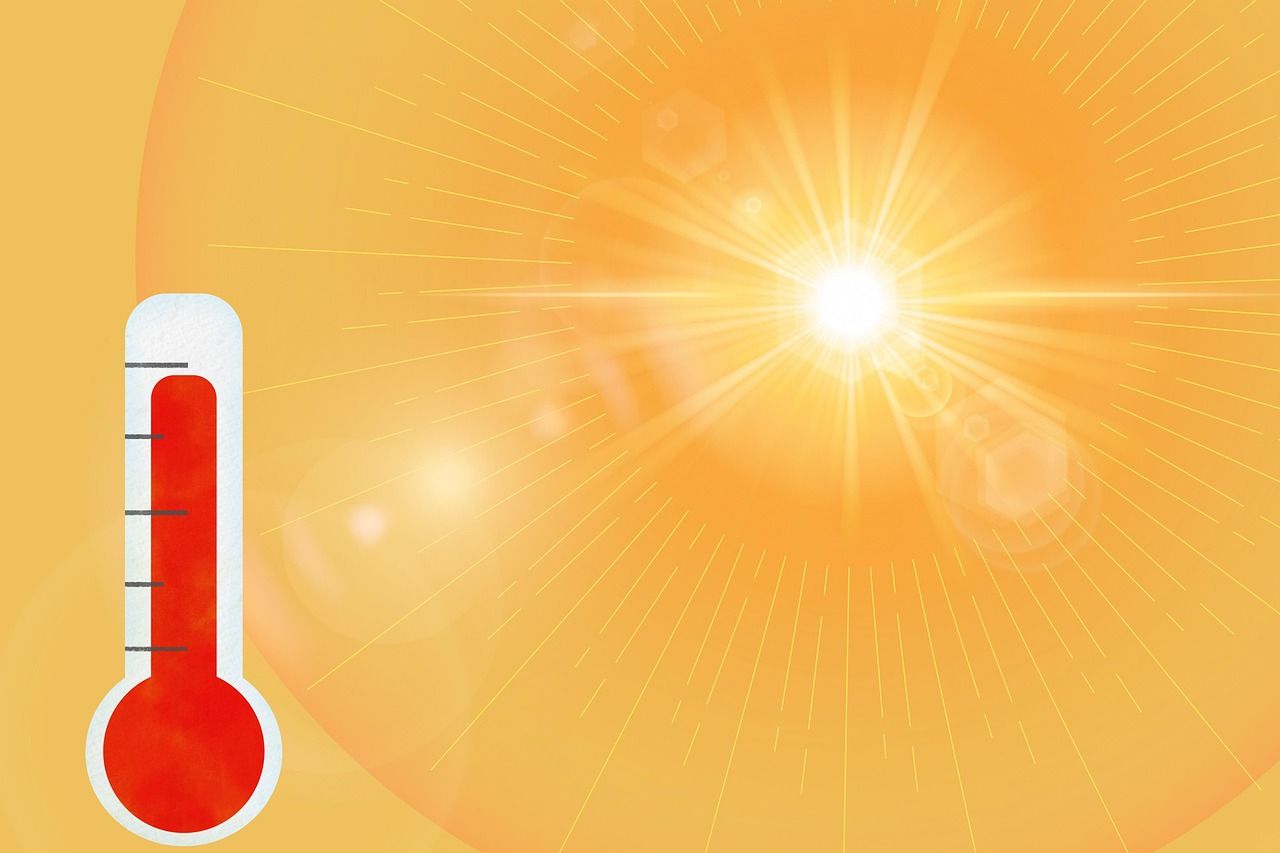Follow us on Google News (click on ☆)

Illustration image from Pixabay
Why is summer hotter?
The Earth orbits the Sun while slightly tilting its axis. During summer, the hemisphere in question is more directly exposed to the Sun's rays. The days are longer, the Sun is higher in the sky, and its rays are more powerful. Result: the Earth, the air, and surfaces heat up more.
But that's not all. Hot air sometimes gets trapped under a layer of cooler air at higher altitudes: this is called a "heat dome." It acts like a bell, keeping the heat underneath and preventing cooler air from entering. And that's when it starts getting really hot...
So what is a heatwave?
A heatwave isn't just "it's hot." It refers to a period where the heat becomes abnormally high for several days in a row, without temperatures dropping enough at night. This varies by region, but generally, it requires at least three consecutive days with temperatures exceeding certain thresholds (around 95°F (35°C) during the day and 68°F (20°C) at night).
Heatwaves are dangerous, especially for the elderly, infants, or people who are ill. They can cause dehydration, discomfort, or heatstroke. That's why there are weather alerts and advice to stay cool, drink regularly, avoid exertion, and protect yourself from the Sun.
With climate change, heatwaves are becoming more frequent, longer, and more intense. It's no longer a rare phenomenon—it's turning into a new summer reality. That's why it's important to understand its causes... and learn how to protect yourself from it.